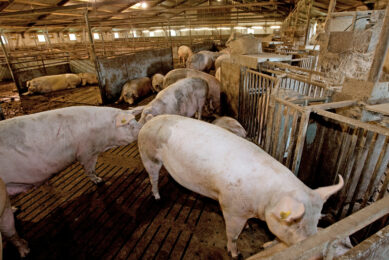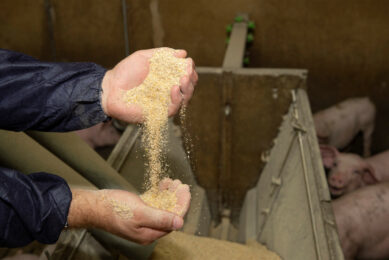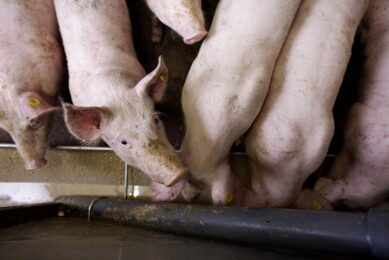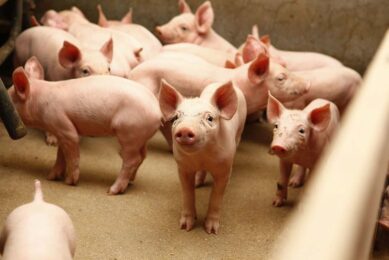5 questions on promoting resilience in grow-finisher pigs
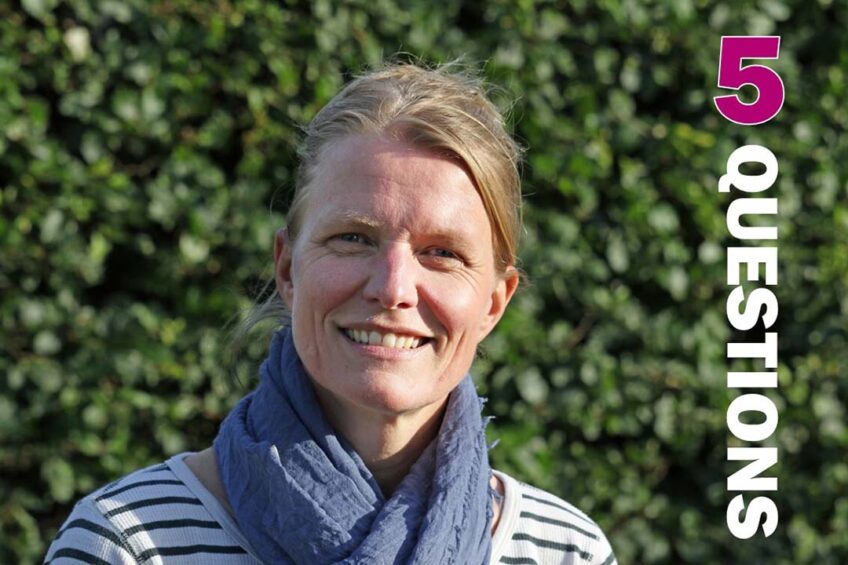
Prevention in animal health should not only focus on biosecurity. Resilience in animals should also play a role. That was the key message of the PhD thesis of Dr Ingrid van Dixhoorn, Wageningen University & Research, the Netherlands.
 How would you define resilience?
How would you define resilience?
“Resilience is the ability of the animals themselves to deal with deviations, to remain healthy — and/or, in case they do fall ill, to be able to recover quickly. So, we focus on the animals’ abilities and less on the pathogens or disease causes.”
 Why is this so important?
Why is this so important?
“We have been spending a lot of attention on keeping pathogens out. And obviously, that is very important. Nevertheless, by applying many biosecurity measures, we are limiting the animals’ environment, which can be very important to support the animals’ intrinsic ability to manage deviations.”
“So, what I have been doing is to zoom in on the question: what is needed to stimulate the animals’ ability? That means looking at the animals’ needs. Because, when we look for ‘keeping pathogens out’, the system itself becomes more vulnerable.”
 What did you find with pigs?
What did you find with pigs?
“We kept pigs in extremely enriched environments, with a rooting place including all kinds of materials, straight from farrowing. Think of soil, sawdust, straw, hessian bags or twigs like they use them in broomsticks. Plus we also enriched them socially, so before weaning we always mixed two litters. And after weaning we continued to mix the animals.”
“Then we infected them with Porcine Reproductive and Respiratory Syndrome virus (PRRSv) as well as with Actinobacillus pleuropneumoniae (App) — an often occurring combination. They all received the same amount of pathogens, yet the pigs from the enriched surroundings had substantially fewer lesions. In addition, those lesions were less severe and the virus was also cleared from the blood quicker. Whilst the only difference was environmental enrichment.”
If an animal feels better, then it is more capable of dealing with challenges
 How to explain those outcomes?
How to explain those outcomes?
“First, the immune system responded differently — we found indications that various values for immune cells were higher, mostly the lymphocytes.” “In addition, in a different study to the microbiome, we observed that the microbiome matured more quickly and became more stable and more diverse.” “Lastly, also stress levels were lower. All 3 aspects influence one another as well, together they are most likely to lead to that mode of action.”
 It all appears super-logical, wouldn’t you agree?
It all appears super-logical, wouldn’t you agree?
“True. If an animal feels better, then it is more capable of dealing with challenges. And it is quite frankly remarkable that we need research to demonstrate this. Still, it is great to see this confirmed by statistics — it really was a major effect, that you can influence prevention by the choice of husbandry system.”



